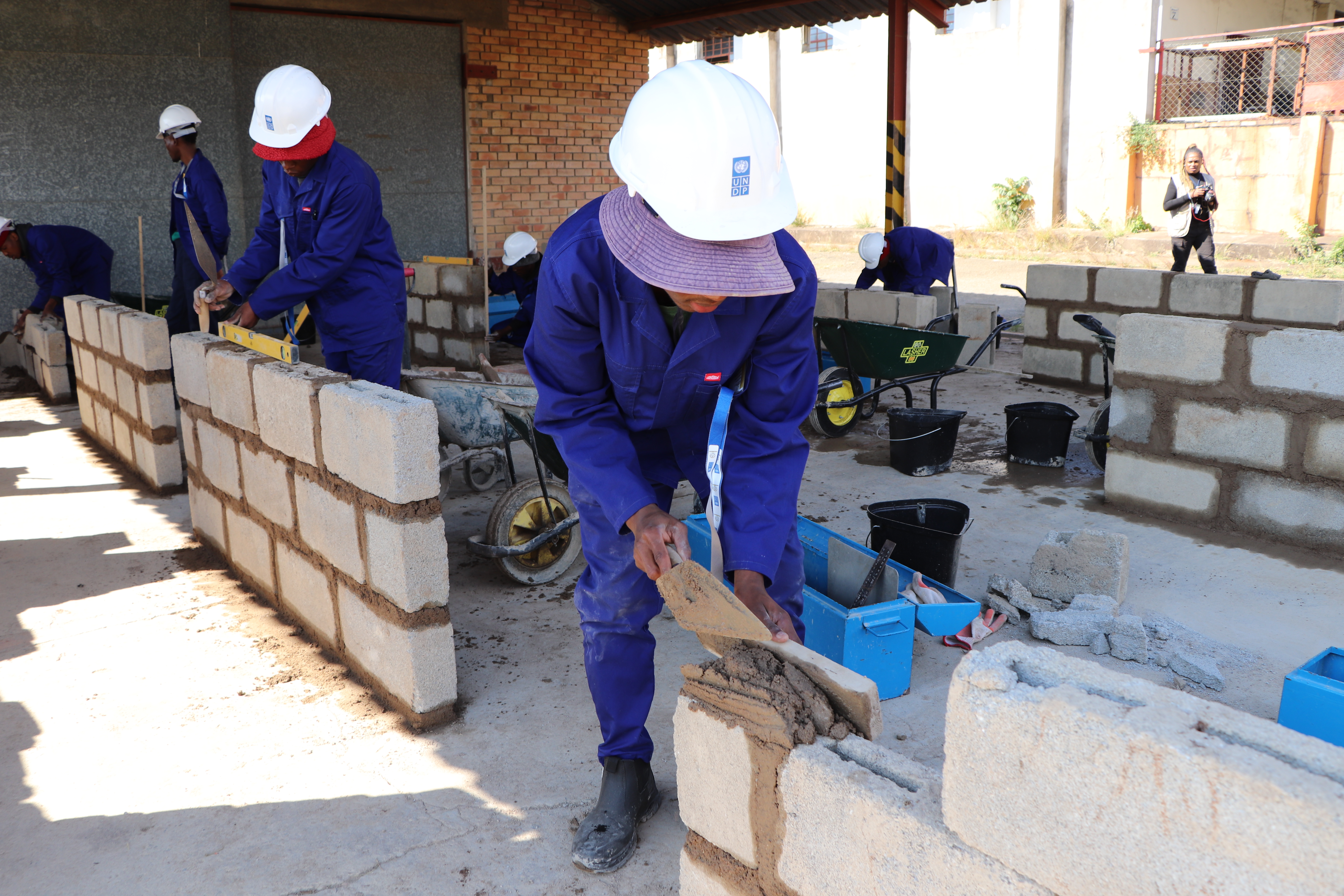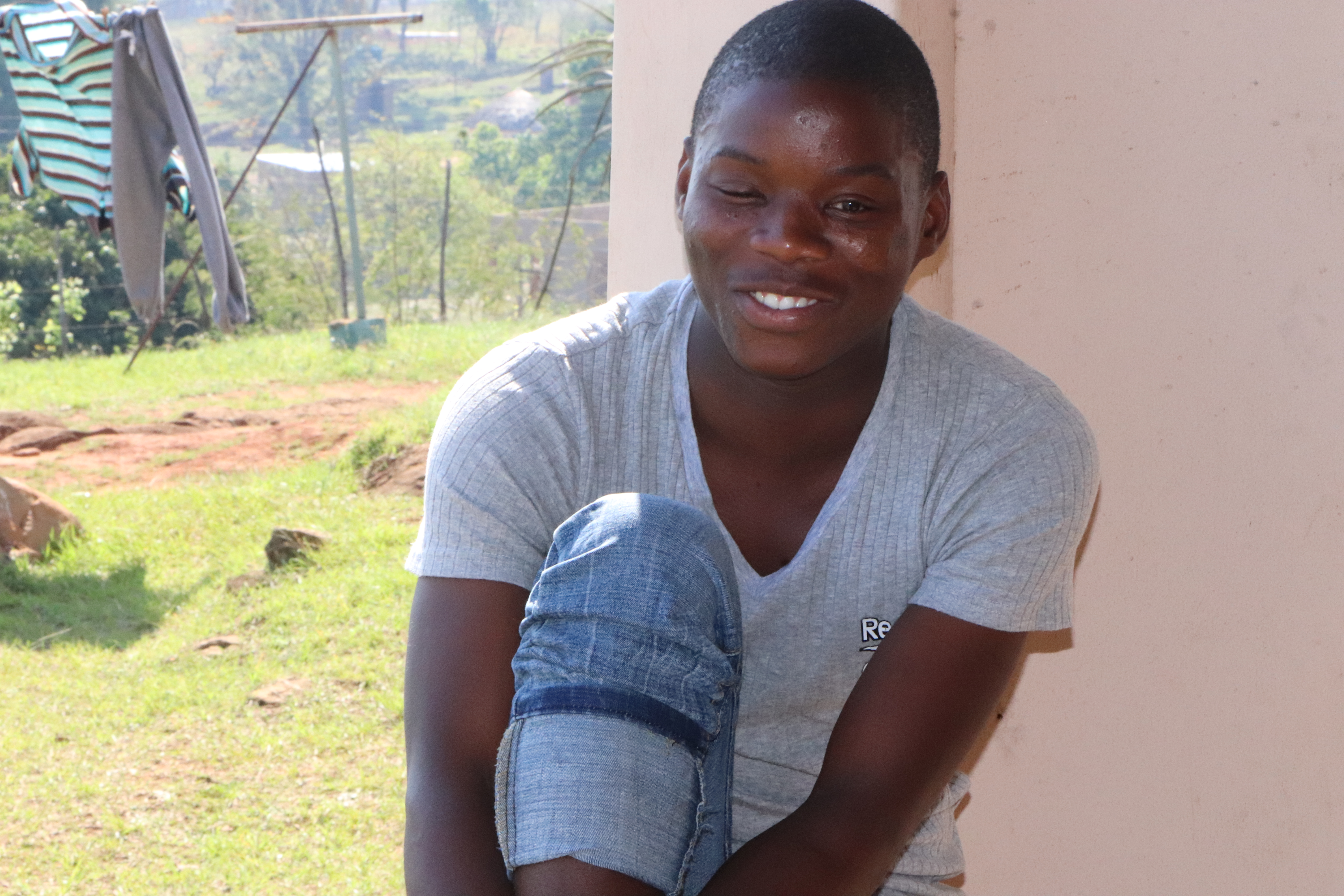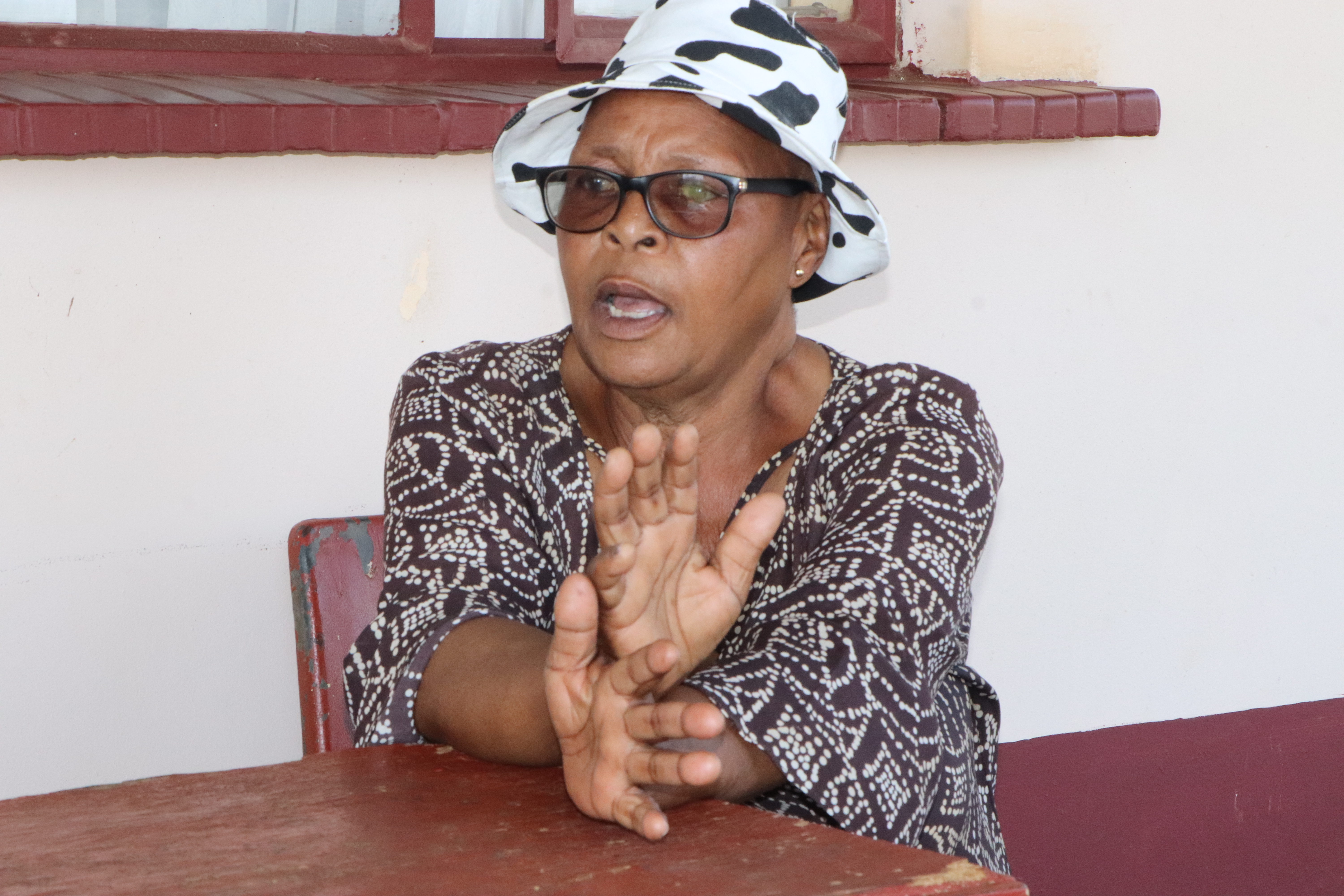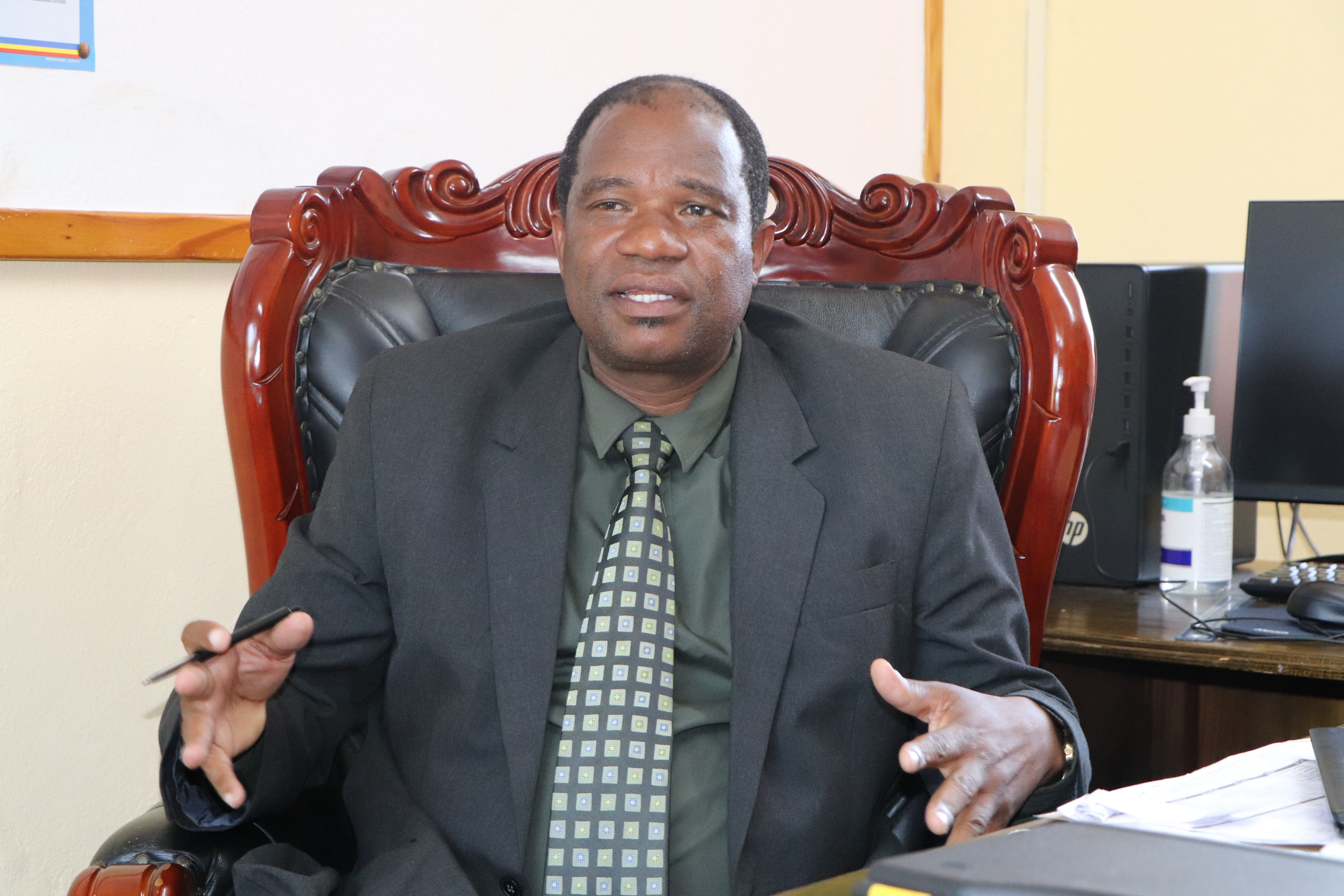Leaving no one behind by adopting non-standardized learning methods
Unshackling education from standardized testing and grading
October 31, 2023

EYEP supports young people who left school before completing their education through artisanal skills training.
Nkosinathi Makhanya (20) left school at Grade 7 in 2019. Unlike many of his peers, he struggled academically, repeating almost every grade. His family decided he would leave school when he reached Grade 7 because he had no prospects of progressing academically.
"I was sad when I left school, but at the same time, it used to hurt me that I was unlike other children who effortlessly proceeded to the next grade," he says.
Despite the state-funded Free Primary Education, he is one of the Eswatini children who do not complete primary education for various reasons. A Report on Out-of-School Children in Eswatini by the Ministry of Education and Training states that about 15% of primary learners enrolled in each grade are not promoted to the next. As a result, there is a high dropout rate, as only 74% of children who enrol in Grade 1 complete Grade 7.
After leaving school, Makhanya found himself in the pool of unemployed youth without adequate education. He tagged along his father, a builder, while he worked and soon became interested in construction, but his family did not have money for his training to develop the skill.
Fortunately, in March 2023, a community health motivator from his area, Elangeni, informed his grandmother about the call for artisanal skills training applications under the fully sponsored Eswatini Youth Empowerment Programme (EYEP). Stakeholders from the government, academia, the private sector and civil society organizations developed the programme through UNDP support. It has two pillars – Graduate Placement for unemployed youth with tertiary education and Artisanal Skills Training for their out-of-school counterparts. The programme aims to contribute towards reducing youth unemployment, which stands at 58% for the age group between 15 and 35.

Nkosinathi Makhanya narrates his EYEP journey.
He applied through EYEP partner, Ezulwini Municipality. He was among the 90 out of 350 applicants selected for the three-month training across six courses – building and construction, sewing, upholstery, electrical installation, plumbing, and metalwork. Each class had 15 participants. Makhanya was one of the eight EYEP participants – five males and three females - who did not complete their primary education. Meanwhile, 40 EYEP participants – 17 males and 23 females – had left school before completing their high school education. EYEP Artisanal Skills Training provided the out-of-schoolers with another shot at livelihoods.
"I was excited to learn that I was selected for this training because I could see my dream of becoming a builder coming to fruition," he says.

Thoko Kunene, Nkosinathi's grandmother, talks about the support her grandson has been receiving from EYEP.
MITC principal France Mavuso concurred with Kunene and appreciated UNDP and its partners for ensuring that no one is left behind in this programme by catering for youth with tertiary qualifications and those with minimal education. He said differently gifted people, like Makhanya, thrive at vocational institutions because they acquire knowledge through practical work. Although MITC is seeing a growing number of graduates who apply for artisanal skills training at the institution because of the high unemployment, it still prioritizes those with minimal or no formal education. He noted that EYEP resonates with MITC's vision of shifting the education landscape from the measurables of standardized testing and grading.
"In tests and exams, the practical work weighs 80%, far more than the theory, which is done in either English or SiSwati to accommodate those with limited education," he says.
Mavuso also appreciated EYEP for covering the full training tuition, including related costs such as transport, meals and protective clothing. He says providing this support has ensured that no one left before completing the training because there is no money for transportation or food.
With more support to EYEP, more young people like Makhanya who do not make it through the mainstream education system can get sources of livelihood.

MITC Principal, France Mavuso

 Locations
Locations